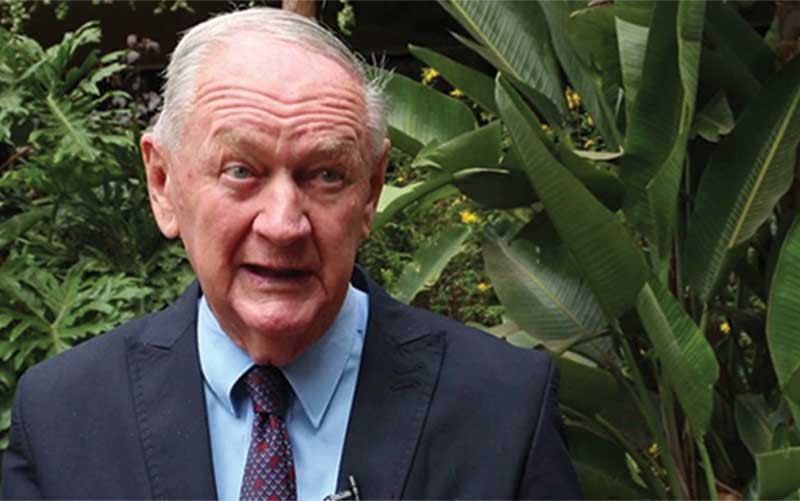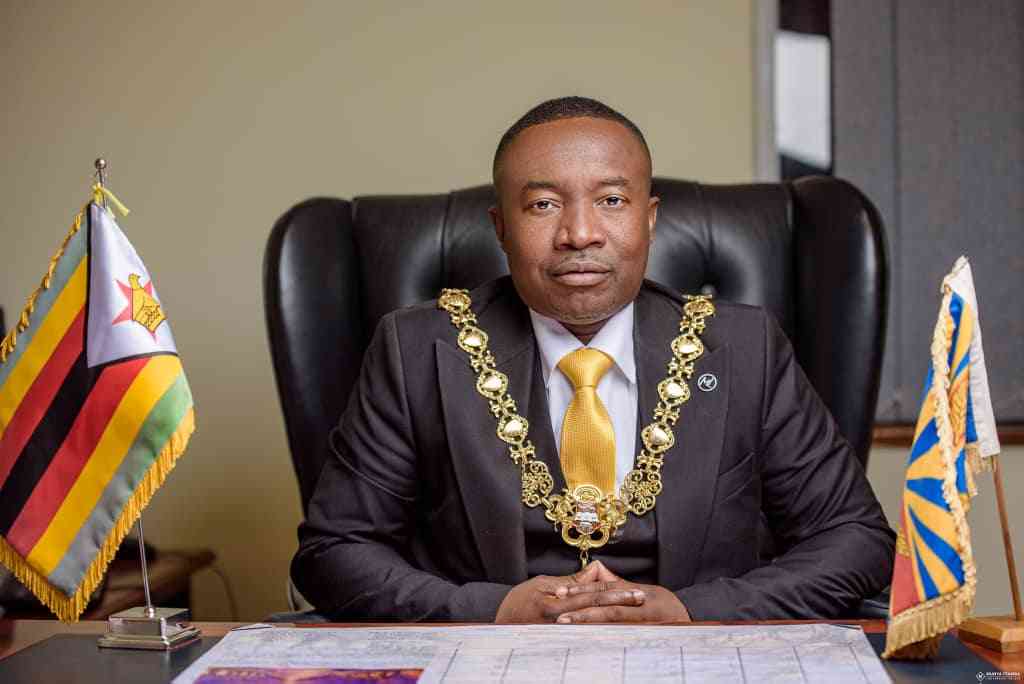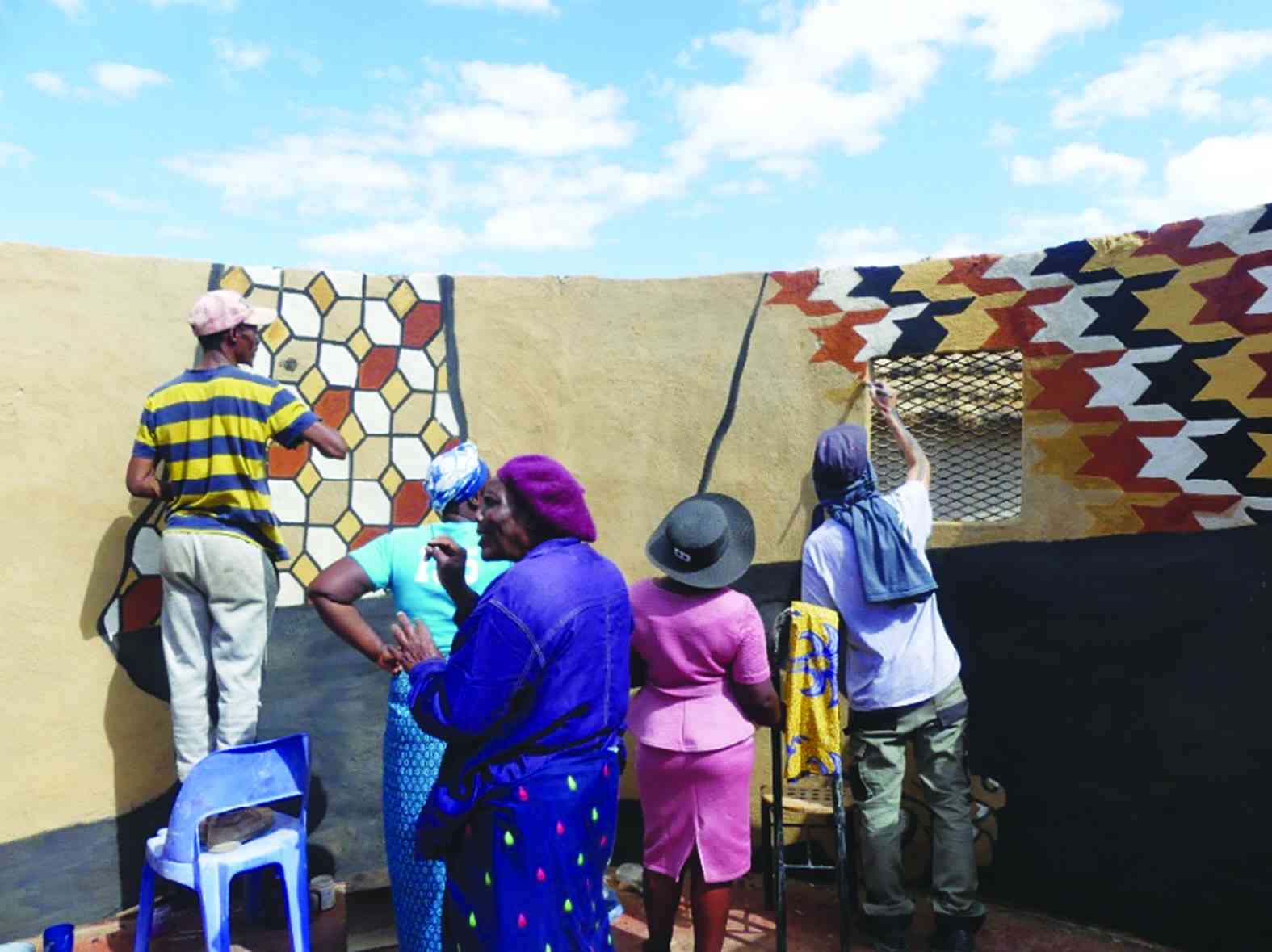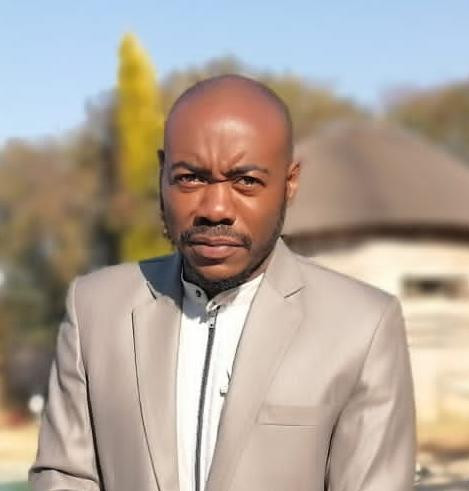
WHEN State-managed institutions work well they are often not recognised or rewarded and are taken for granted. When they fail, everyone suffers the consequences.
At independence in 1980, 40% of Zimbabwe’s GDP was created by publicly-owned and operated institutions called parastatals.
Today, I doubt if they contribute 5% and are almost universally corrupt, inefficient and loss making. It does not have to be so.
I am sure we are not alone in this respect. Right now, South Africa is witnessing the collapse of a number of icons — South African Airways (SAA), Transnet, and Eskom. When I was much younger, SAA was the leading airline company in Africa. The chief executive of Eskom was a visionary and the utility not only kept the lights on, but at low cost and in addition, supplied regional States with power. If there is any single factor that is likely to reduce South Africa to a mediocre economic hub, hardly able to sustain itself, it is the failure of these enormous State-owned entities (SOEs).
Here in Zimbabwe, the record is even worse. Our State-owned power utility is generating half of the power we consumed 20 years ago. Cities are receiving less than half the water that they require for normal use. Our railways, which used to handle the great majority of our freight, now handles less than 10%, if at all.
Air Zimbabwe, once the African airline that had never had an accident, is no more and barely functioning with a couple of small aircraft. Our road infrastructure, once one of the best in Africa, is in a terrible condition in rural and urban areas and our national roads need rehabilitation and repair. The list goes on and on.
At one stage, we advocated privatisation. But even that has had little impact and in many cases, has actually made the situation worse, with private sector interests exploiting their monopoly rights and not doing their job. Levels of corruption have sometimes been made worse by incorporating private interests. The Cotton Company of Zimbabwe is a prime example.
So, what do we do?
- Govt takeover of Cottco set for July
- Govt takeover of Cottco set for July
- Mnangagwa defends Chinamasa appointment
- Mnangagwa defends Chinamasa appointment
Keep Reading
I worked for an SOE for over 20 years, rising from a lowly economist to chief economist and then chief executive of two major SOEs. During my years as an economist, the board of the organisation I worked for was a combination of a number of outstanding individuals. I think we could have matched that board against any other group of a similar nature, anywhere in the world. We were responsible for about US$3 billion in annual sales, employed 25 000 people and generated perhaps a quarter of our national foreign exchange receipts.
We operated under one of the harshest sanctions regimes ever adopted, imposed by the United Nations Security Council and backed by the Royal Navy which blockaded our main ports. Despite all that, we thrived. Looking back, I now appreciate the expertise and enterprise of those men who worked for very little. There was some corruption, but it was negligible.
Then I moved to management and was appointed chief executive of a large division, employing 3 500 people and serving all households and retail stores in Zimbabwe on a daily basis. We had to overcome sanctions, isolation, the inability to transfer funds and buy essential inputs and spares. Our farmers were fighting a bush war and were themselves under constant pressure, yet we survived and even thrived. The key, a dedicated board of directors who knew the industry and were all, themselves, successful and self-made people. My staff were all selected on merit and were required to operate without corruption and to meet the high standards demanded and the targets set in their budgets.
I was able to select and train my successors and when the time came for me to leave, I was able to leave behind a team that I had every confidence would maintain the organisation and its standards.
My next job was with a larger division — over 5 000 staff and a major export programme. In the middle of a drought and a management crisis. A much tougher assignment, but we were able to maintain our activities, even expand our market reach and support one of the largest businesses of its kind in Africa. It was a profound experience and we had a great time. Today, that organisation is bankrupt, its industry base less than a third of what it was and the basic suppliers are either out of business or suffering under a much diminished regime.
How does this happen? What are the remedies?
We need to accept that the main mistake we have made since independence is that we have appointed boards of directors of these major SOEs and management on a political patronage basis. Ministers, representing the shareholders, viewed these enterprises as cash cows. If they needed something not provided for in their budgets, they called the chairman or the chief executive.
Often, this led to manipulation of the accounts or the audit at the year end. It was not long before the rot set in and the whole management structure, built up over many years, collapsed and the SOE with it.
It is interesting that China and many other countries in the Far East have maintained their SOE structures and in fact been able to build them up into highly competitive enterprises.
The reason: A national policy of progression on merit — both in the State’s political leadership and at corporate level. A Chinese delegate to their embassy in Harare told me once that very few of the leaders in the Western nations could survive the very rigorous selection process that determined State leadership in China. You can see that in everything they do.
Such political leaders, themselves survivors of a very tough competitive climb to the top, do not tolerate mediocrity in their subordinates or the institutions they lead and control. Such values and norms are often not even found in our private sector organisations and companies. This process is reinforced by a near total intolerance for corruption or self-interest.
In Africa, by and large, such malpractices are not only tolerated, but they are also accepted as a “normal” part of life. The spectacle of a manager driving a top-of-the-range luxury vehicle out of the gate of a derelict State-owned plant is not queried. We build a state-of-the-art glass factory near a mountain of raw material, see it opened by the State President, stop operating a week later and never reopened, and no one asks why?
We watch 300 kilometres of electric cable stolen from the railway line between Gweru and Harare, costing over US$100 million, in broad daylight. No outcry, not a single person arrested and the case closed — millions of dollars’ worth of railway infrastructure destroyed and equipment rendered idle.
In addition to these fundamental failures of management and control, is the failure of policy. The African National Congress came to power in South Africa, like Zanu PF in Zimbabwe, accepted and took for granted the infrastructure they inherited from the previous governments and put social and political needs first.
Charges for services were manipulated, people allowed not to pay for what they consumed and fantastic organisations like Eskom were eaten alive. Today, they have a debt bigger than most States in Africa and very little to show for it. Installed capacity for 60 000 megawatts is performing at less than half its capacity. Their most recent power station came in at three times its budget and years late and only operated for days before failing.
The consequences of these failures of policy and management are immeasurable and impact on the daily lives of everyone. They exacerbate poverty and joblessness and are totally self-inflicted.
- Eddie Cross is an economist and former Bulawayo South legislator. He writes here in his personal capacity.











